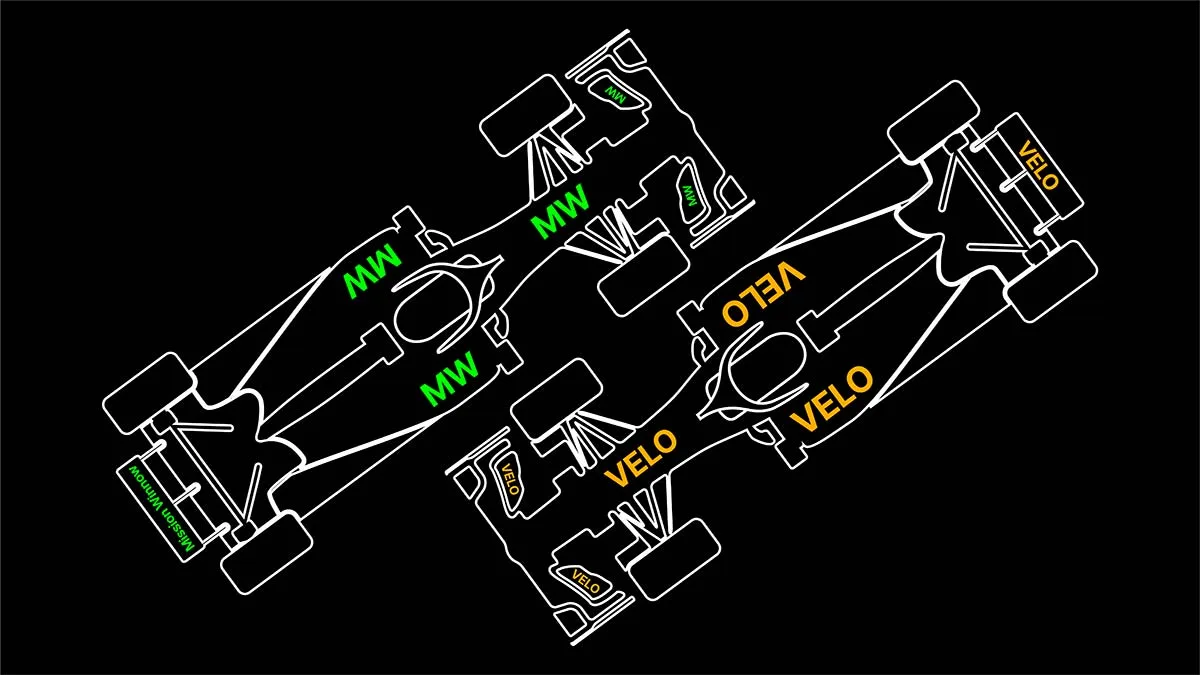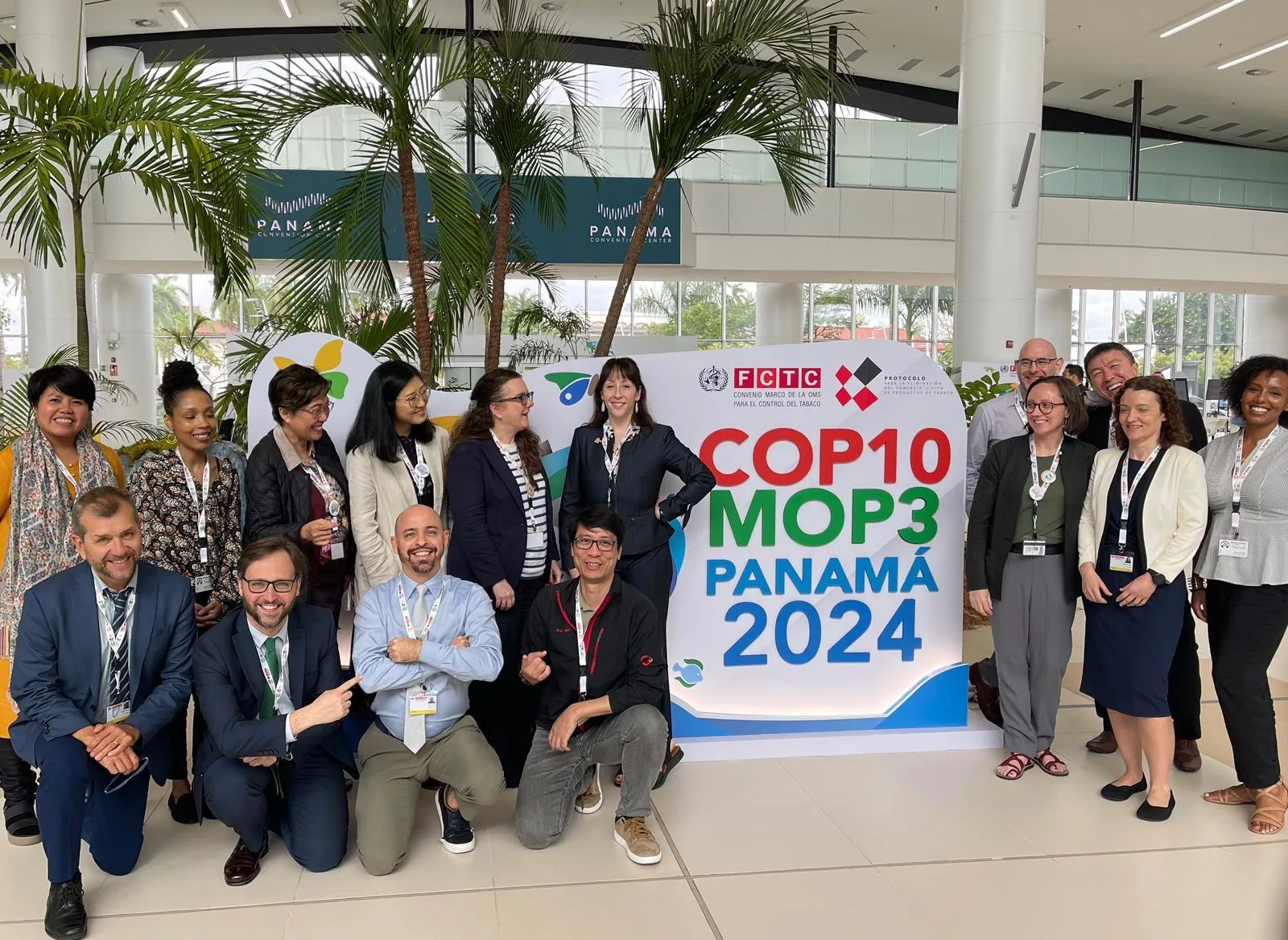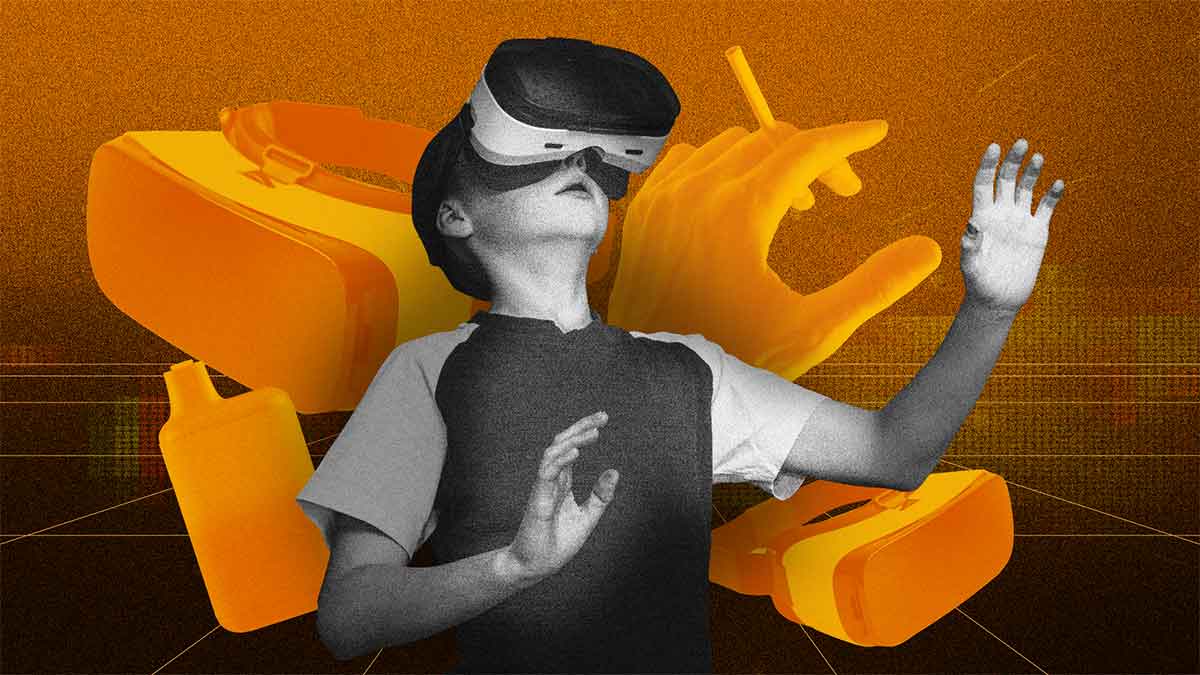- Resources
- News
-
-
Get Email Updates
Sign up for STOP's newsletter and never miss an update on our latest work and the tobacco industry's activity.
-
Get Funding
Ready to tackle industry interference? You could be eligible for a grant.
-
Share a Tip
Do you have information on tobacco industry misconduct in your country? Let us know.
-
Get Email Updates
Industry Marketing
August 25, 2021

Tobacco Giants Spending More Than $100 Million in 2021 on F1 Sponsorship
Read this press release in French and Spanish.
NEW YORK (August 25, 2021) — As Formula 1’s governing body prepares to elect its next president, new research raises concerns about young fans’ exposure to tobacco company messaging through the sport. British American Tobacco (BAT) and Philip Morris International (PMI) sponsor the McLaren and Ferrari teams, respectively, enabling them to exploit their links to F1 while the sport works to expand its appeal to younger audiences and add new countries to the race calendar. The findings are published in a new report, Driving Addiction: Tobacco Sponsorship in Formula One, 2021, based on data from F1 industry monitor Formula Money and released by global tobacco industry watchdog STOP.
“F1 is complicit in millions of deaths every year because it lets tobacco companies perpetuate an epidemic via its media presence” said Phil Chamberlain, a partner in STOP. “The sport still hasn’t been able to shake its addiction to Big Tobacco’s money and this report suggests the price could be paid by a new generation of young race enthusiasts across the globe.
“BAT and PMI must be delighted that F1 is expanding its global reach and appealing to younger audiences, with BAT and McLaren exploiting youth-friendly esports and channels like TikTok. In effect, F1 is giving Big Tobacco access to marketing platforms and venues it could never use on its own. Further investigation is needed to ascertain the extent of this problem. Ultimately, responsible stakeholders would act swiftly to stop blatant marketing to younger audiences.”
While very few actual F1 sponsorship values are publicly available, Formula Money has developed a database that values every F1 sponsorship deal since 2005, with estimates based on factors including team revenues and known prices of similar sponsorships. They also estimate the broadcast value of those deals. According to exclusive analysis carried out by Formula Money on behalf of STOP, PMI and BAT are spending an estimated $105 million on F1 sponsorship in 2021. In return, the companies gain exposure via broadcast and news coverage of the sport, on social media, and through related activities. BAT’s estimated $30 million sponsorship spend in 2020 earned on-screen exposure worth an estimated $54 million during F1 races for BAT’s brands, according to Formula Money’s analysis.
Tobacco Companies are Reaching F1’s Young Fans
F1’s relationship with tobacco companies is particularly concerning given the sport’s growing popularity among young people. Data from market research company IPSOS, cited in the report, finds that 61% of new fans are aged under 35 and 36% are aged under 25. Formula 1 continues to have the second-highest proportion of fans under age 25 of all global sports leagues.
As the sport seeks to grow its following among younger fans, it is increasing the tobacco industry’s exposure among the same demographic. The sport’s own research director cites the Netflix show “Drive to Survive” as a factor in increasing F1’s appeal. As PMI and BAT have invested heavily in their F1 presence, their branding features in coverage of McLaren and Ferrari teams in the show. BAT and McLaren have extended their marketing by launching their own Esports series, which emulates the wildly popular F1 esports video game. While tobacco company branding is not permitted in the official F1 game, the BAT-McLaren game carries BAT’s Velo product brand.
F1’s negligence on the issue in traditional media has opened the door for the industry to reach F1’s audience on social media. The report finds that PMI encourages fan interactions with @MissionWinnow through quirky Q&As with drivers and promotional giveaways for digital wallpapers that are popular with teens and young adults.
British American Tobacco’s sponsorship of McLaren is especially concerning as it promotes BAT brands and analysis of social media engagement among the sport’s fans, conducted by F1 specialists, Formula Money, suggests the team has an even younger fan base than F1 as a whole. McLaren is also one of the most social media savvy teams, with an active presence on youth-focused platforms like Instagram and TikTok. BAT uses its other marketing partnerships to cross-promote its relationship with McLaren to young audiences. For example, McLaren and BAT co-branding has been used as part of BAT’s partnership with the Tomorrowland music festival and a British Grand Prix afterparty was sponsored by BAT’s e-cigarette brand Velo.
Even children are exposed to tobacco branding because of F1: the report notes that a children’s news program targeting 6 to 12 year olds, broadcast by the BBC in the UK, used an image of Mercedes driver Lewis Hamilton that also included a Ferrari driver wearing PMI’s Mission Winnow branding.
Caroline Reid of Formula Money, a co-author of the report, said: “As specialists in F1 sponsorship, we knew that the sport’s efforts to reach new and younger fans around the globe would be a boost for sponsors such as PMI and BAT. But even we were surprised by McLaren’s popularity among young fans and the extent to which BAT is activating its sponsorship with youth-friendly tactics like the Tomorrowland partnership and its esports initiative. The tobacco companies have always been masters at finding innovative ways to drive brand engagement through F1. But there are important questions to ask about whether they are appropriate partners for the sport in the modern era.”
New FIA Leadership Has An Opportunity To Live Up to United Nations Commitments
Tobacco company sponsorship in F1 is a violation of a United Nations (UN) treaty called the World Health Organization Framework Convention on Tobacco Control (WHO FCTC). It is also in conflict with the sport’s purported support for the United Nations Sustainable Development Goals.
In 2020, more than 100 advocates from 36 countries called on Jean Todt, president of the sport’s governing body, the FIA (Federation Internationale de l’Automobile), to act to end tobacco sponsorship in the sport, in line with a public commitment made in 2001. He did not take responsibility for this issue. As his term ends in December, STOP calls on the FIA to elect new leadership fit for a sport that has responsibilities toward a new generation of fans.
Mary Assunta, a partner in STOP, concluded: “The election of a new FIA president provides an opportunity to reverse course on a major failure in the sport. Fans of F1, especially its growing youth fan base, should not be subject to harmful products marketed to them through the sport. STOP calls on Liberty Media, the FIA and the teams to ban all tobacco and nicotine company sponsorship. Until they do so, international organizations should not partner with the sport or its executives.”
The Executive Summary and Full Report are available at: Driving Addiction: Tobacco Sponsorship in Formula One, 2021.
Additional Findings:
- Tobacco companies Philip Morris International (PMI) and British American Tobacco (BAT) will spend an estimated $105 million on Formula 1 in 2021. This is the same amount they spent in 2020, which itself marked the highest spending in the sport by tobacco companies since 2006. This comprised an estimated $75 million spent by PMI on Ferrari sponsorship and $30 million spent by BAT on McLaren sponsorship.
- PMI remains the biggest-spending tobacco company in F1 history. It has now spent an estimated total of $2.3 billion on the sport, more than half the total $4.5 billion spent by all tobacco companies on F1.
- PMI created “Mission Winnow” which it claims is about an aspiration to transform the company, while BAT uses corporate slogans such as “A Better Tomorrow.” However, the trademarks for both slogans are associated with tobacco products and BAT also uses F1 to promote specific products.
- Among the BAT products and slogans marketed through F1 sponsorship, the company’s Velo nicotine pouch received the most exposure, receiving an estimated $36.7 million in exposure from race broadcasts.
- After a Ferrari team launch event for the 2020 car where PMI’s Mission Winnow brand featured prominently, securing significant media coverage, the brand then did not appear on the Ferrari cars in 2020. The brand—now in bright green—returned to the car in 2021, again securing media coverage and sparking interactions on social media.
About STOP (Stopping Tobacco Organizations and Products)
STOP is a global tobacco industry watchdog whose mission is to expose the tobacco industry strategies and tactics that undermine public health. STOP is funded by Bloomberg Philanthropies and comprised of a partnership between The Tobacco Control Research Group at the University of Bath, The Global Center for Good Governance in Tobacco Control (GGTC), the International Union Against Tuberculosis and Lung Disease (The Union) and Vital Strategies. For more information, visit exposetobacco.org.
About Formula Money
Formula Money provides data and consultancy about the business of Formula One. Launched in 2007, the reports are a reference tool for companies and individuals researching Formula One sponsorship, race budgets, team finances, broadcast fees, and more. Services cover areas from local economic impact, to sponsorship values, to commercial rights. Formula Money reports are invaluable guides to the sport for both potential and existing stakeholders, such as sponsors, team owners, driver managers and race promoters.


